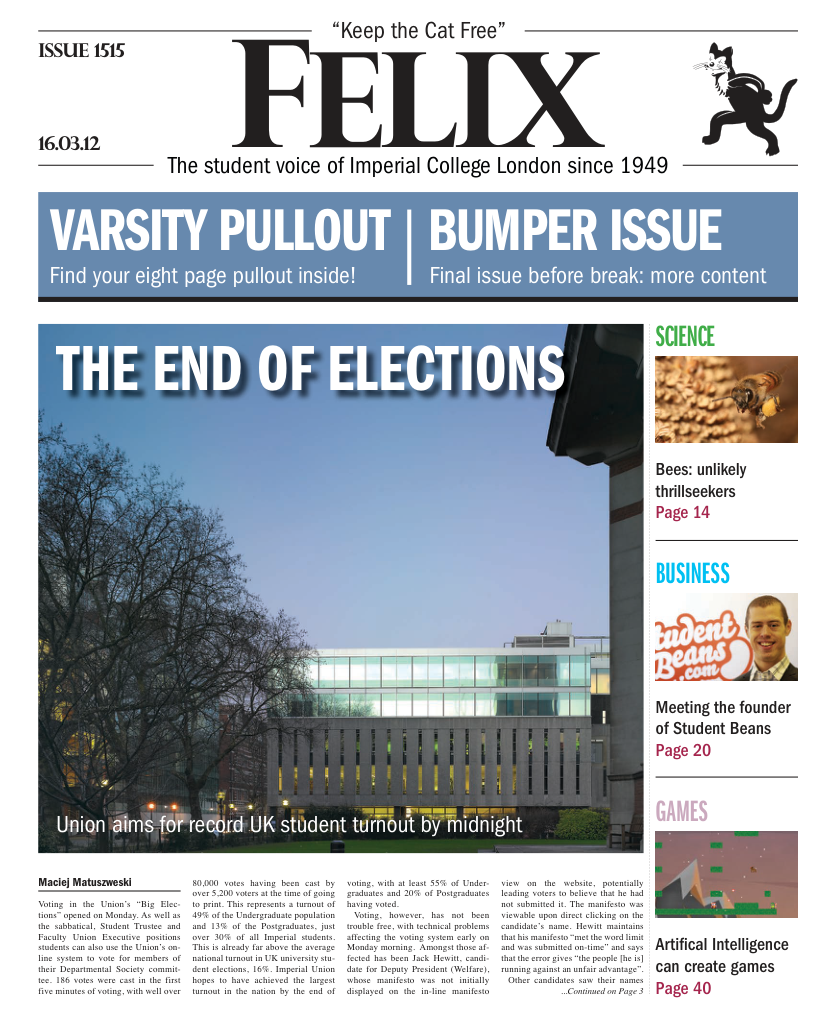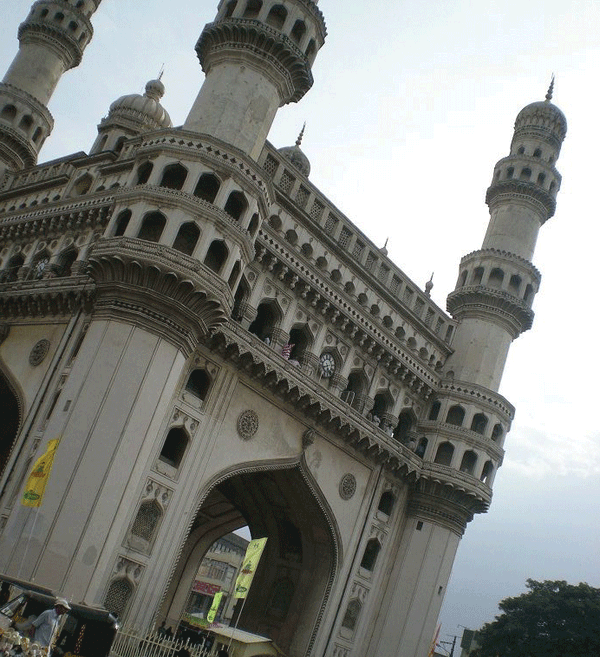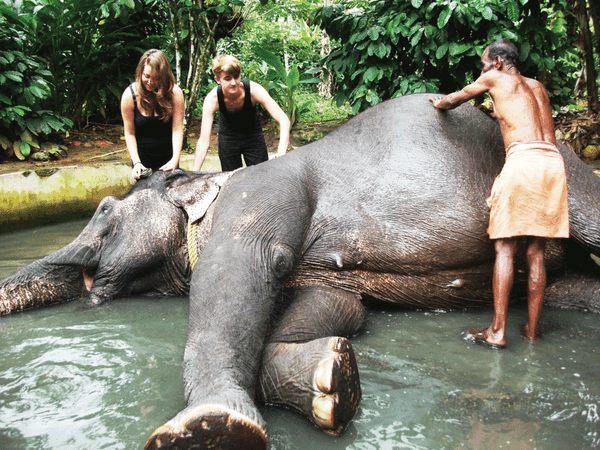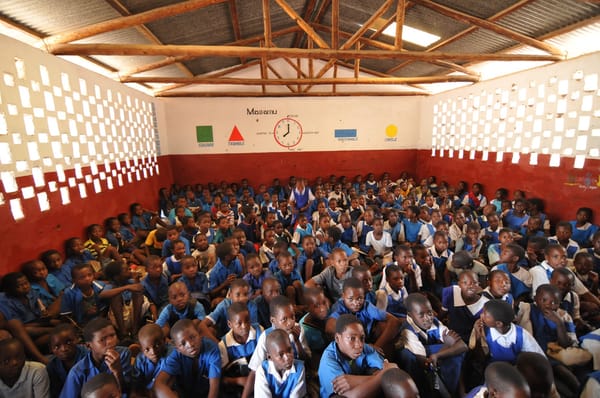Post-exam Paris to Dakar
Five Imperial students will take to the road this summer in an alternative road trip
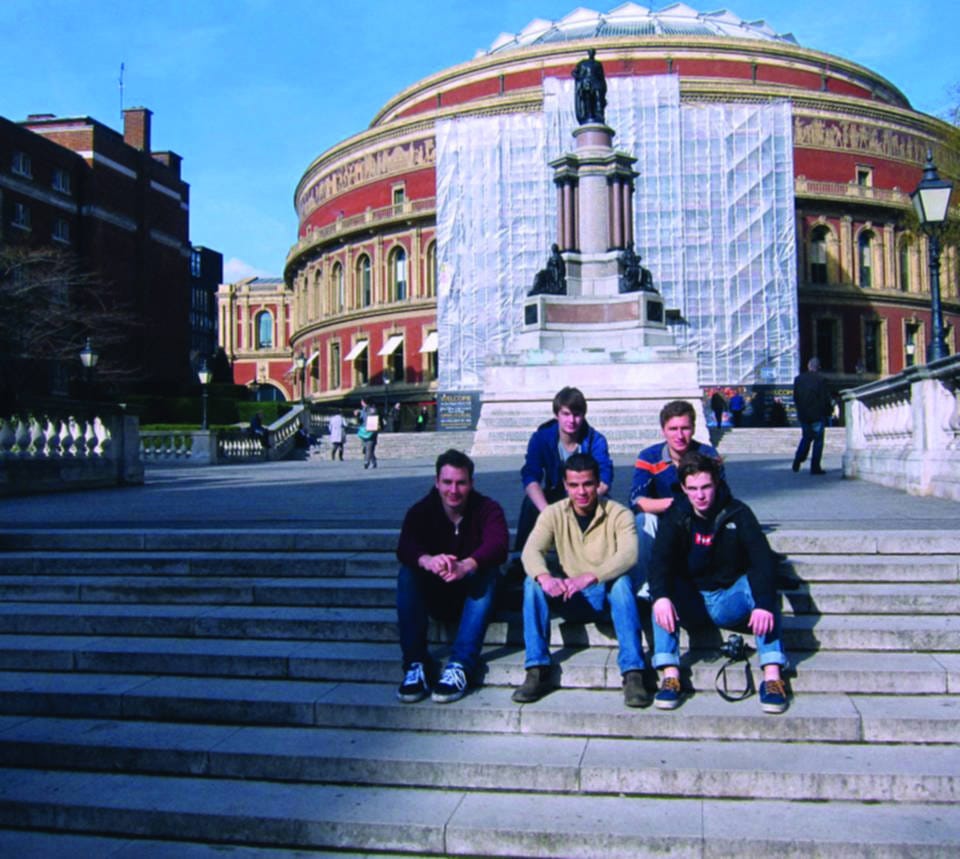
This summer I will be part of a group of five Imperial students cycling from Paris to Dakar. Dakar is the capital of Senegal, the most westerly point of continental Africa and over 5,500km from Paris. We will leave from Paris after exams, nipping through the traffic and cutting into the calmer interior of France. We will travel along the Way of St. James, a network of pilgrimage routes converging on the Cathedral of Santiago de Compostela in Galicia. We will depart from the Way around the Pyrenees, long before Galicia in the north west of Spain. Through Spain we will aim for Gibraltar, then taking the ferry across the Straits to the port of Cueta in Morocco.
The ferry from Gibraltar marks a significant point in our journey. We leave behind Europe and all its sensibilities for the unfamiliar African leg of the trip. The route will mainly follow the coast, offering a cooling breeze from the Atlantic. In Morocco we will pass through the chattering bazaars and enjoy vistas of the Atlas Mountains. Leaving Morocco we will enter Western Sahara. Everything I know about Western Sahara is from Wikipedia. The first paragraph details the facts of it being a disputed territory, one of the most sparsely populated territories in the world and mainly consisting of desert flatlands. My only first-hand connection with it is a friend who told me his friend volunteered in a refugee camp there. When I try to imagine the view I will see from my bike for days travelling through this country I can only see a block of hot sand rising into a sky of hot blue.
Western Sahara passes into Mauritania. Entering near Nouadhibou, the road becomes a desert track for 7 km and is bound on both sides by a minefield. Sticking to the track it is safe enough but it sometimes happens that wild camels become victims of the dispute within sight. We will continue south, passing through gendarmerie mobile checkpoints every 30-100 km apart, the scenery becoming greener as we pass out of the Sahara desert towards our destination.
After two months on the road, resting for a day every five days or so, we should reach Dakar. We will have travelled through six countries and two continents and all under our own power, carrying all our gear. We will have seen and experienced the change in culture, geography and architecture from Paris to sub-Saharan Africa while cycling a humble bicycle. Flying home from Dakar on the plane, with the bike in the cargo hold, will be much easier, but not as enduringly brilliant.
To keep up to date with our progress in the lead up to and undertaking of the trip see our website www.paristodakar.org and our Facebook page www.facebook.com/paris2dakar. Expect to see some more articles on our return!

